01 - A Speech Act Analysis of the First Speech of Imran Khan as Prime Minister ...
http://dx.doi.org/10.31703/gpr.2020(V-II).0110.31703/gpr.2020(V-II).01 Published : Jun 2020
-
This paper aims to highlight the speech acts which have been working behind the first speech that has delivered by Imran Khan as Prime Minister of Pakistan at 26, July 2018. It is a political discourse that attracts the researcher's interest. The objective of this paper is to answer what type of speech acts have been used by Imran Khan, the overlapping of what speech acts occur in Imran Khan's spe... Details
-
Locutionary Act, Illocutionary Act, Perlocutionary Act, Speech Act Analysis, Direct Speech Acts, Indirect Speech Acts
-
(1) Tanveer Hussain
Assistant Professor, School of Media and Communication Studies, University of Management and Technology Lahore, Punjab, Pakistan.
(2) Deeba Shahwar
Lecturer, Department of Mass Communication, The Women University Multan, Punjab, Pakistan.
(3) Abdul Basit
Lecturer, School of Media and Communication Studies, University of Management and Technology Lahore, Punjab, Pakistan.
02 - Appeals in Political Rhetoric about Covid19: Political Discourse Analysis of Spe...
http://dx.doi.org/10.31703/gpr.2020(V-II).0210.31703/gpr.2020(V-II).02 Published : Jun 2020
-
This study is basically an analysis using political discourse, with an angle to investigate the appeals in political rhetoric. This study uses Aristotle's model for persuasion and to find out the ethos, logos and pathos elements in the speeches of Pakistani prime minister Imran Khan. This study is presenting the analysis of Imran Khan's first three speeches on the panic situation of the spread of ... Details
-
Covid19, Corona Virus, Political Communication, Imran Khan Speeches, Discourse Analysis. Aristotle
-
(1) Tahir Mahmood
Assistant Professor, Department of Mass Communication, Bahauddin Zakariya University, Multan, Punjab, Pakistan.
(2) Muhammad Ahsan Bhatti
Assistant Professor, Department of Mass Communication, Bahauddin Zakariya University, Multan, Punjab, Pakistan.
(3) Muqarrab Akbar
Professor (Chairman), Department of Political Science, Bahauddin Zakariya University, Multan, Punjab, Pakistan. (Corresponding Author)
03 - Syrian Skirmish: Security Hitch and Complexity in the Middle East...
http://dx.doi.org/10.31703/gpr.2020(V-II).0310.31703/gpr.2020(V-II).03 Published : Jun 2020
-
The Syrian skirmish, vis-a-vis Middle East region and complexities, has been analysed at three main levels -domestic, regional and extra-regional. The internal vulnerabilities of the Syrian state and society at a domestic level is dominant in paving the way for the origin of the conflict and providing the vacuum to the regional and extra-regional actors to further deteriorate the condition of Syri... Details
-
Syria, Conflict, Regional Actors, Extra Regional Actors, Security, Hitch, Complexity.
-
(1) Nasreen Akhtar
Assistant Professor, Department of Politics & IR, International Islamic University, Islamabad, Pakistan.
(2) Manzoor Khan Afridi
Associate Professor/HOD, Department of Politics & IR, International Islamic University, Islamabad, Pakistan.
04 - Settlement of the Thal Desert (1949-1969)...
http://dx.doi.org/10.31703/gpr.2020(V-II).0410.31703/gpr.2020(V-II).04 Published : Jun 2020
-
The British introduced canal colonies system in Punjab province and Thal Canal Colony is one of them. The work on Thal Canal Colony had started in 1939 and could not be completed till the partition of the Subcontinent. Newly established state of Pakistan planned to complete the Thal Canal Colony Project on the emergency basis not only to solve the refugee problem but also to settle the people whos... Details
-
Adjustment, Colonization, Refugees, Settlement, TDA, Thal, Thal Canal Colony.
-
(1) Muhammad Wasim Abbas
PhD Scholar, Department of Pakistan Studies, Islamia University Bahawalpur, Punjab, Pakistan.
(2) Mian Saeed Ahmad
Assistant Professor, Department of Pakistan Studies, Islamia University Bahawalpur, Punjab, Pakistan.
(3) Imran Ahmad
PhD Scholar, Department of Pakistan Studies, Islamia University Bahawalpur, Punjab, Pakistan.
05 - Media Landscapes with Religious and Ethnic Conflicts in Pakistan: The Case of Se...
http://dx.doi.org/10.31703/gpr.2020(V-II).0510.31703/gpr.2020(V-II).05 Published : Jun 2020
-
This paper attempts to have insight into the media landscape of Balochistan and issues too. Balochistan is considered to be a conflict zone due to many religious and ethnic issues. The safety of journalists and media workers are a prime concern for journalistic bodies and government. The violence's against journalists leads them to self-censorship, and it has limited the topics and geographical ac... Details
-
Media, Conflicts, Security Concerns, Journalists, Balochistan
-
(1) Babrak Niaz
Assistant Professor, Department of Media Studies, University of Balochistan, Quetta, Pakistan.
(2) Malik Adnan
Assistant Professor, Department of Media Studies, Islamia University Bahawalpur, Punjab, Pakistan.
(3) Sadaf Irtaza
Assistant Professor, Department of Media Studies, University of Balochistan, Quetta, Pakistan.
06 - Strategic Uncertainty in Indias Nuclear Doctrine: Collusive Threat, Implications...
http://dx.doi.org/10.31703/gpr.2020(V-II).0610.31703/gpr.2020(V-II).06 Published : Jun 2020
-
Technological advancement in the realm of nuclear weapons has emerged as one of the most salient security issues in the context of two South Asian states, India and Pakistan. Newly emerging India-Pakistan animosities, historical and ongoing power progression of New Delhi distresses Pakistan's security framework. India's endurance of military modernization and stronghold of political leadership und... Details
-
India-Pakistan, Nuclear-Armed States, Strategic Partnerships, Regional Environment
-
(1) Muhammad Umer Hayat
Senior Assistant Professor, Department of Humanities and Social Sciences, Bahria University, Islamabad, Pakistan.
(2) Alina Zaid
MS Scholar, Department of International Relations, Bahria University, Islamabad, Pakistan.
(3) Farrukh Shahzad
Assistant Professor, Department of Media Studies, Bahria University, Islamabad, Pakistan.
07 - Social Media as a Mediator in Political Communication: A Literature Review to Ex...
http://dx.doi.org/10.31703/gpr.2020(V-II).0710.31703/gpr.2020(V-II).07 Published : Jun 2020
-
The modes of communication have been evolving, and in the 21st century, we live in a digital world. The world is connected via the internet, and social media has become an integral part of individual life. This paper explores the effects of social media mediation on its users in the context of political communication. The effects range from an individual's political participation to initiating a p... Details
-
Social Media, Political, Users, Effects, Communication
-
(1) Shazia Ismail Toor
Assistant Professor, Institute of Communication Studies, University of the Punjab, Lahore, Punjab, Pakistan.
08 - English Language in Pakistan: A Policy Analysis of Past and Present of Linguisti...
http://dx.doi.org/10.31703/gpr.2020(V-II).0810.31703/gpr.2020(V-II).08 Published : Jun 2020
-
The paper revisits the diachronic evolution of the belief, practices, and attitudes of Urdu and Pashto speakers towards English and ascertains the drivers and effects of such changes. The changes are explored at two levels, micro and macro. The macro-level perspective concerns the 'use' interface while the microlevel concerns the 'code'. The study hinges on the theory of contact linguistics' appro... Details
-
English Language, Urdu, Pashto, Pakistan, Contact Linguistics, GIDS, Language Policy, Language Planning
-
(1) Ayaz Ahmad
Lecturer, Department of English, Abdul Wali Khan University Mardan, KP, Pakistan.
(2) Liaqat Iqbal
Assistant Professor, Department of English, Abdul Wali Khan University Mardan, KP, Pakistan.
(3) Irfan Ullah
Assistant Professor, Department of English, Abdul Wali Khan University Mardan, KP, Pakistan.
09 - Changing Dynamics of Governance after Pandemic Situation in Pakistan...
http://dx.doi.org/10.31703/gpr.2020(V-II).0910.31703/gpr.2020(V-II).09 Published : Jun 2020
-
The existing study aims to highlight the challenges and opportunities of e-government globally, especially in the third world nations, during this covid-19 situation. The miracle of globalization empowered the next generation with the adaptation of the scientific age to interconnect the whole world as a global village via online means. The current study presents the debate concerning the opportuni... Details
-
Governments, CPEC, E-Services, Pakistan, COVID-19, China, E-Governance
-
(1) Fehmida Aslam
Assistant Professor, Department of Political Science, University of Sindh, Jamshoro, Sindh, Pakistan.
(2) Bisharat Ali Lanjwani
Assistant Professor, Department of Political Science, University of Sindh, Jamshoro, Sindh, Pakistan.
(3) Anwar ul Mustafa Shah
Assistant Professor, Department of Political Science, University of Sindh, Jamshoro, Sindh, Pakistan.
10 - China as an Alternative Power in Middle East: Its Outcomes for the Region's Futu...
http://dx.doi.org/10.31703/gpr.2020(V-II).1010.31703/gpr.2020(V-II).10 Published : Jun 2020
-
This research considers China's Middle East policies and commitments, including international alliances, regional disputes, and trade ties. It compiles information on arms transfers to the Middle East, as well as Chinese imports and Foreign Direct Investment (FDI) in the region. Moreover, the study applies the power transition theory to justify the choice of Middle Eastern states that how external... Details
-
The Middle East, Stability, China, Policies, Military
-
(1) Shabnam Gul
Assistant Professor, Department of International Relations, Lahore College for Women University, Lahore, Punjab, Pakistan.
(2) Muhammad Faizan Asghar
MPhil, Peace & Counter Terrorism Studies, Minhaj University Lahore, Punjab, Pakistan.
(3) Iqra Javed
Lecturer & Research Associate, School of Integrated Social Sciences, University of Lahore, Punjab, Pakistan.
11 - The Dynamics and Drivers of the Creation of New Federating Units: A Global Persp...
http://dx.doi.org/10.31703/gpr.2020(V-II).1110.31703/gpr.2020(V-II).11 Published : Jun 2020
-
Cultural diversity has been the moving spirit behind identity politics which characterizes the multi-ethnic states. The socio-economic and political marginalization engenders sub-nationalism underpinned by the ethnolinguistic plurality of that society. Many countries, notably India, Afghanistan, Ethiopia, Switzerland, the Philippines and South Africa, have had to face subnationalist movements. To ... Details
-
Sub-Nationalism, Politics of Identity, Re-Organization, Re-Demarcation, EthnoNationalism, Ethnic Group, New Provinces, Federating Units
-
(1) Azhar Mahmood Abbasi
Lecturer, Department of Pakistan Studies, National University of Modern Languages, Islamabad, Pakistan.
(2) Abid Hussain Abbasi
Assistant Professor, Department of Pakistan Studies, National University of Modern Languages, Islamabad, Pakistan.
(3) Salma Rahim
Lecturer, Department of Pakistan Studies, National University of Modern Languages, Islamabad, Pakistan.
12 - The Role of Good Governance in the Legal and Administrative Affairs of Pakistan...
http://dx.doi.org/10.31703/gpr.2020(V-II).1210.31703/gpr.2020(V-II).12 Published : Jun 2020
-
The law regulates administrative action, and the way it leads to success is called good Governance. Thus, good Governance may be said as the systematic execution of the laws of the land. The main object of the present research was to find out the essentials of Good Governance, which ensure the formation of a civilized, lawful, and progressive society in which rule of law is maintained in letter an... Details
-
Administrative Law, Good Governance, Administration, Public Administration, Principles of Administration, State Affairs, Welfare State
-
(1) Amjad Hussain
Assistant Professor, Department of Law, The Islamia University of Bahawalpur, Punjab, Pakistan
(2) S. M. Areeb Abdul Khafid Shah Bukhari
(LLM), Advocate Supreme Court of Pakistan
(3) Aas Muhammad
(LLM), Department of Law, The Islamia University of Bahawalpur, Punjab, Pakistan.
13 - Analysis of Proscribe Organizations and Preventive Detention in Anti Terrorism A...
http://dx.doi.org/10.31703/gpr.2020(V-II).1310.31703/gpr.2020(V-II).13 Published : Jun 2020
-
There are certain organizations and individual, which involved in terrorist activities. The 2001 Anti- Terrorism amendment section 11-A that gives criteria to take certain measures against proscribed organization and individual. There is also restriction put on the office bearer carrying activities of terrorism or they involve with proscribe organization. To counter-terrorism activities, there is ... Details
-
Organization, Proscribed, Money Laundering, Confiscate, Assets, Freez, Evidentiary, Counter Terrorism
-
(1) Naila Rafique
Lecturer, Department of Law, Women University Swabi, KP, Pakistan.
(2) Sarfaraz Khan
Assistant Professor, Centre for Caucasian Asian, Chinese and Pakistan Studies, University of Swat, KP, Pakistan.
(3) Muhammad Alam
Demonstrator, Department of Political Science, University of Buner, KP, Pakistan.

 Volume X, Issue IV (Fall 2025)
Volume X, Issue IV (Fall 2025) 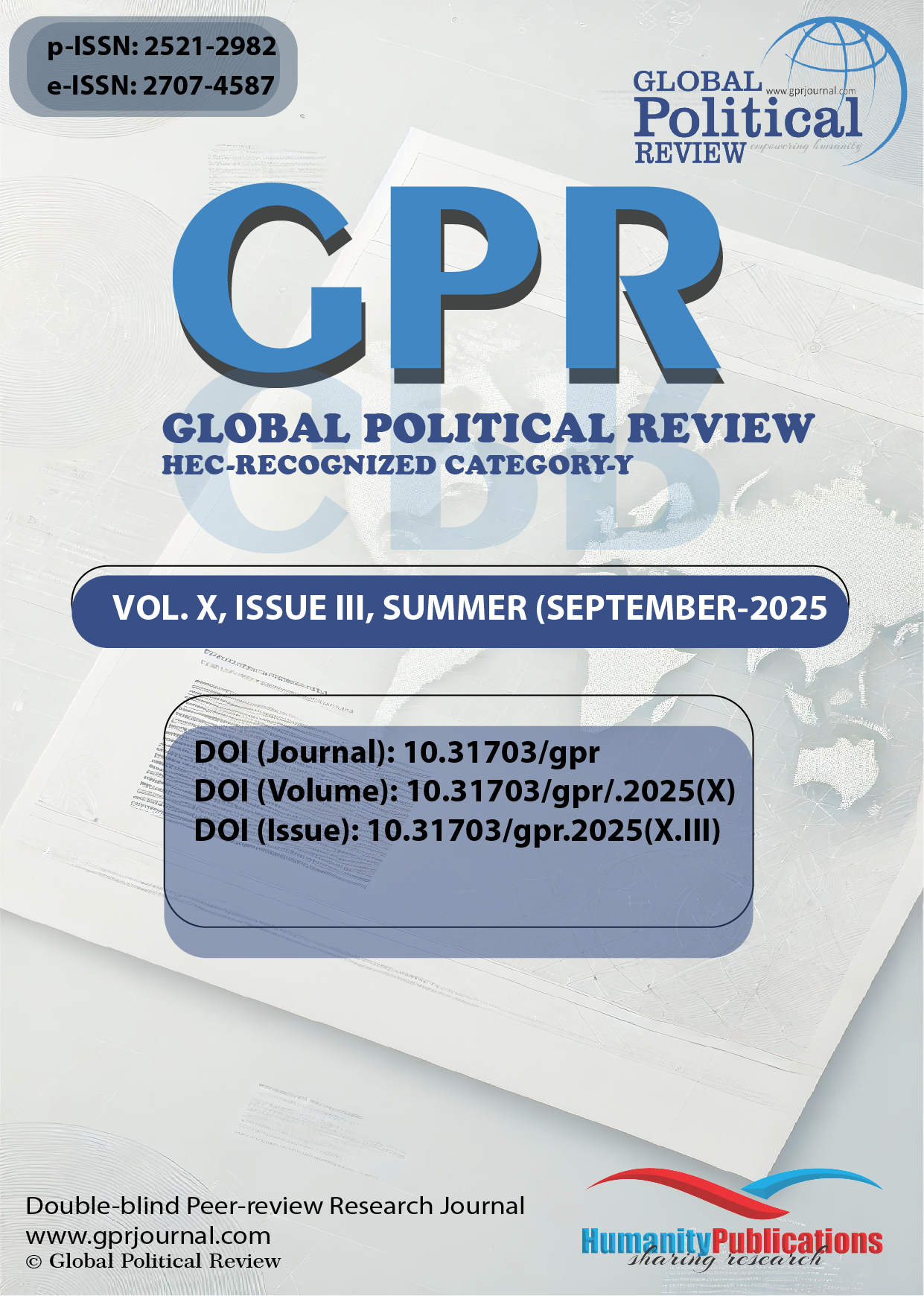 Volume X, Issue III (Summer 2025)
Volume X, Issue III (Summer 2025) 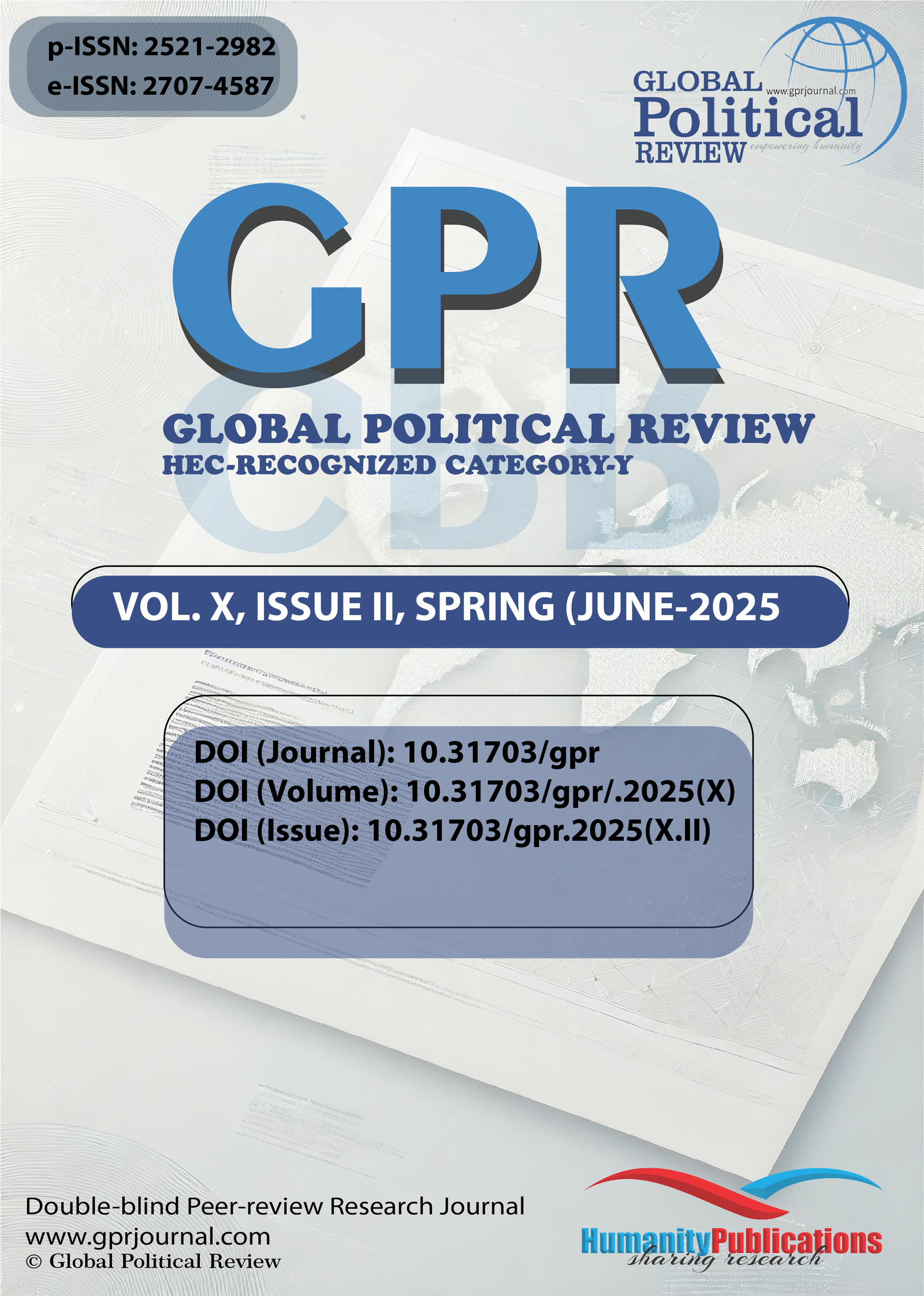 Volume X, Issue II (Spring 2025)
Volume X, Issue II (Spring 2025)  Volume X, Issue I (Winter 2025)
Volume X, Issue I (Winter 2025)  Volume IX, Issue IV (Fall 2024)
Volume IX, Issue IV (Fall 2024)  Volume IX, Issue III (Summer 2024)
Volume IX, Issue III (Summer 2024)  Volume IX, Issue II (Spring 2024)
Volume IX, Issue II (Spring 2024)  Volume IX, Issue I (Winter 2024)
Volume IX, Issue I (Winter 2024) 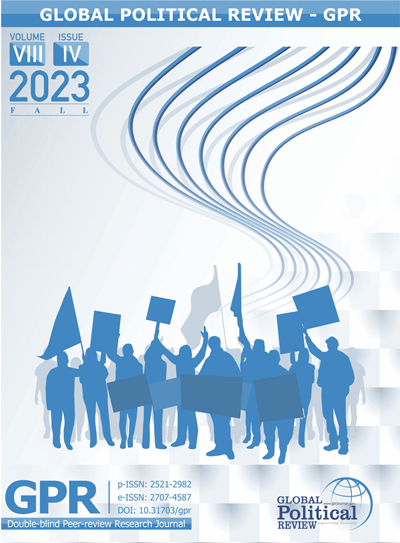 Volume VIII, Issue IV (Fall 2023)
Volume VIII, Issue IV (Fall 2023)  Volume VIII, Issue III (Summer 2023)
Volume VIII, Issue III (Summer 2023)  Volume VIII, Issue II (Spring 2023)
Volume VIII, Issue II (Spring 2023) 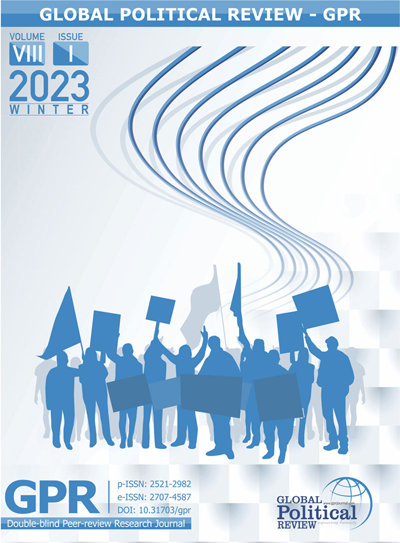 Volume VIII, Issue I (Winter 2023)
Volume VIII, Issue I (Winter 2023) 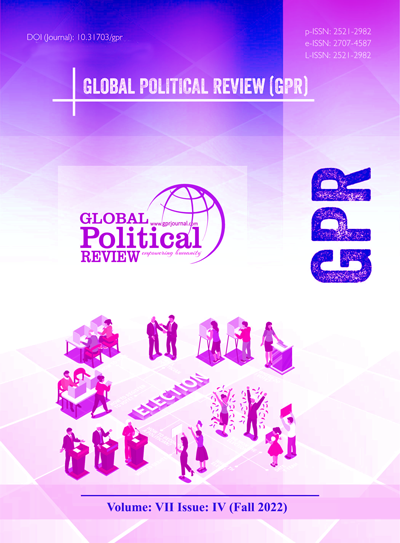 Volume VII, Issue IV (Fall 2022)
Volume VII, Issue IV (Fall 2022)  Volume VII, Issue III (Summer 2022)
Volume VII, Issue III (Summer 2022)  Volume VII, Issue II (Spring 2022)
Volume VII, Issue II (Spring 2022)  Volume VII, Issue I (Winter 2022)
Volume VII, Issue I (Winter 2022) 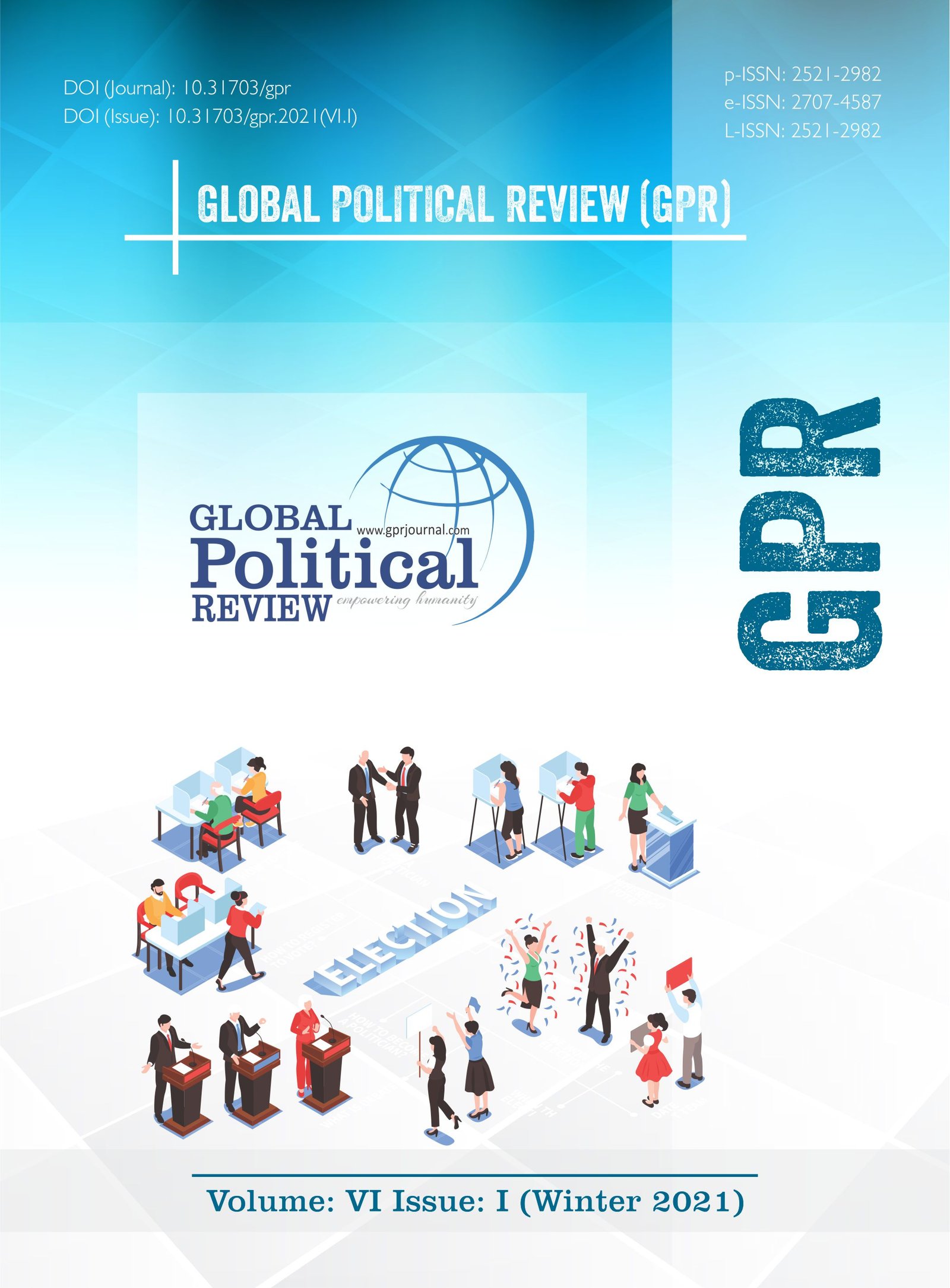 Volume VI, Issue IV (Fall 2021)
Volume VI, Issue IV (Fall 2021) 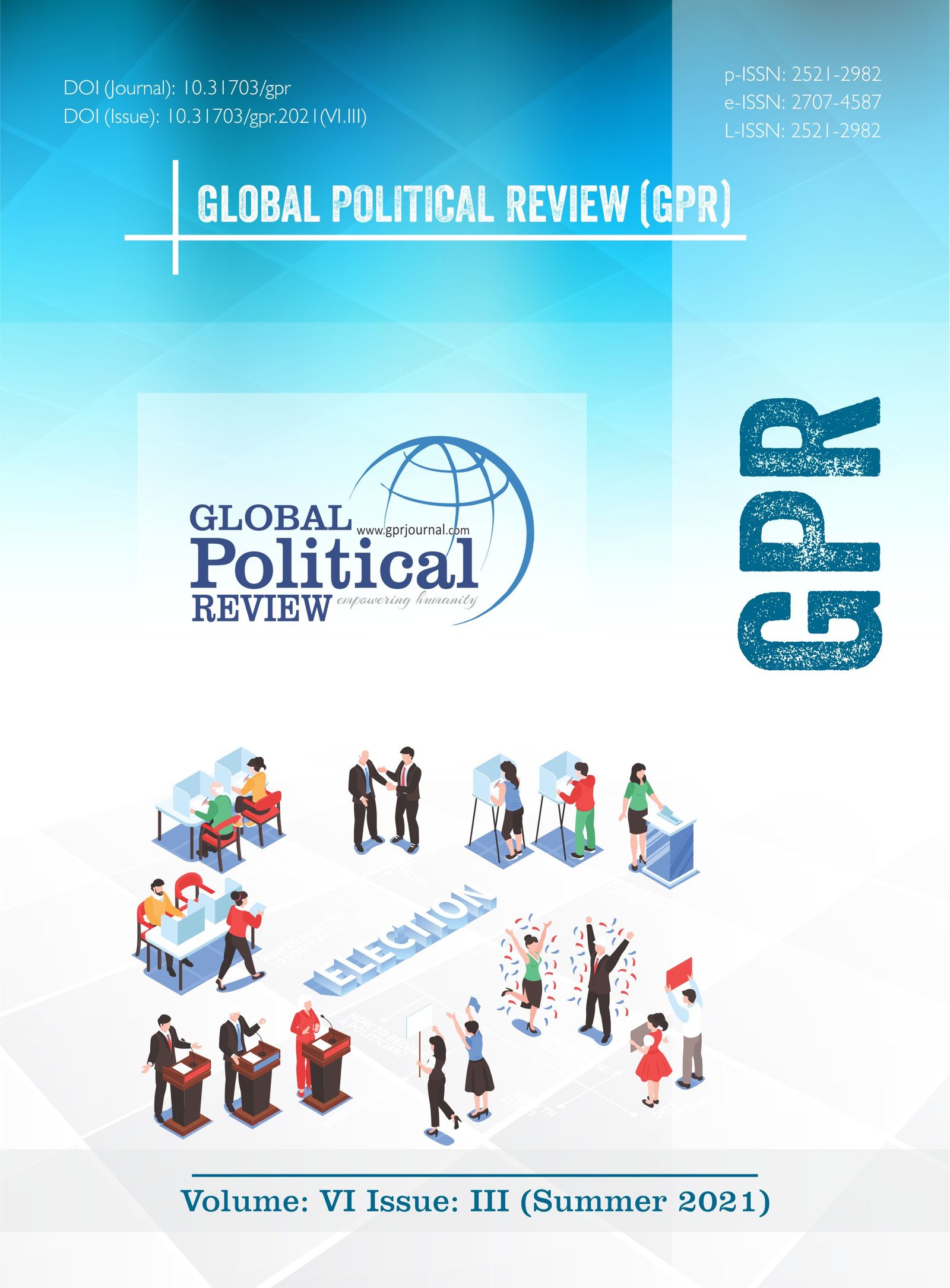 Volume VI, Issue III (Summer 2021)
Volume VI, Issue III (Summer 2021)  Volume VI, Issue II (Spring 2021)
Volume VI, Issue II (Spring 2021) 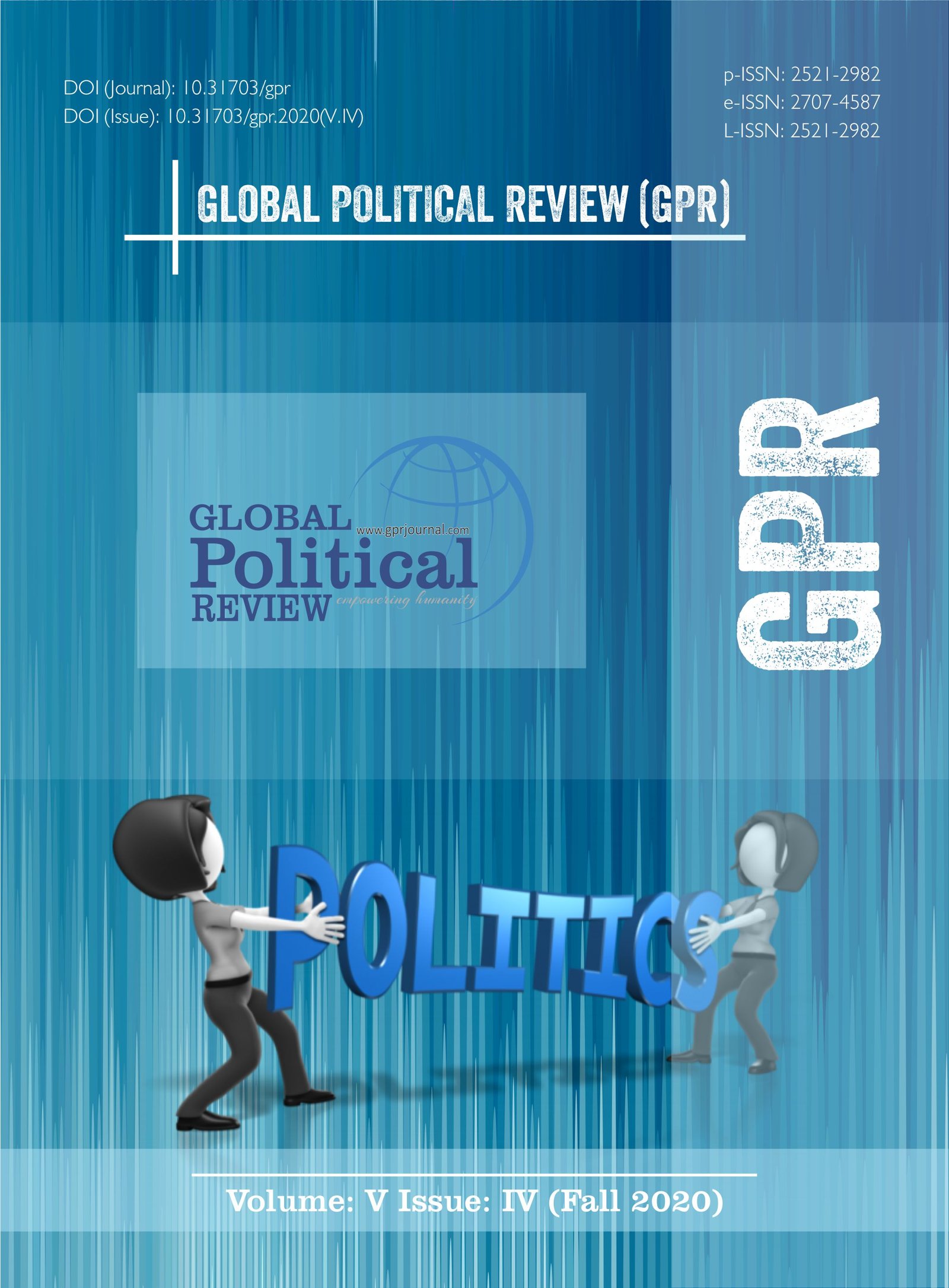 Volume V, Issue IV (Fall 2020)
Volume V, Issue IV (Fall 2020)  Volume V, Issue III (Summer 2020)
Volume V, Issue III (Summer 2020) 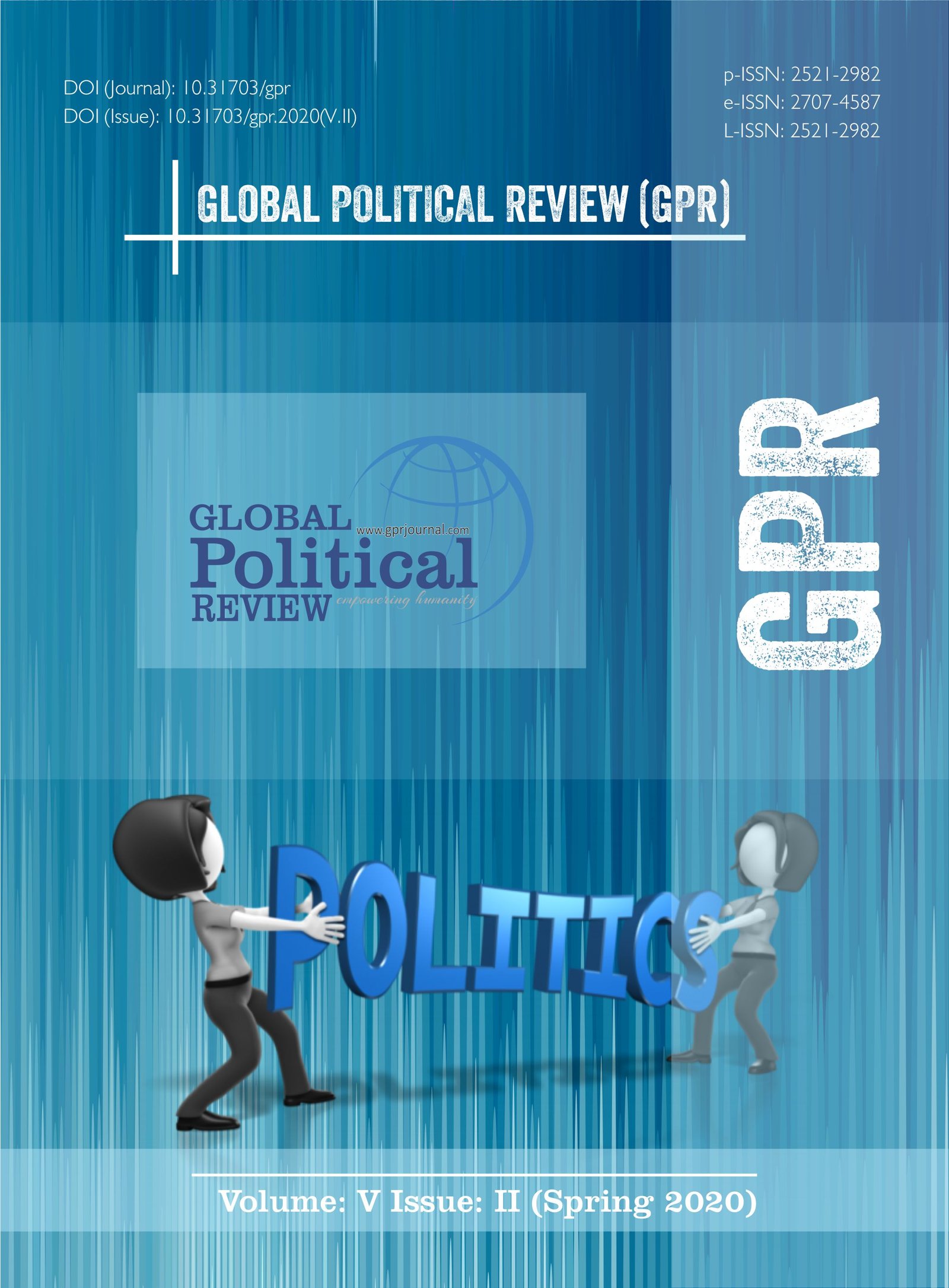 Volume V, Issue II (Spring 2020)
Volume V, Issue II (Spring 2020) 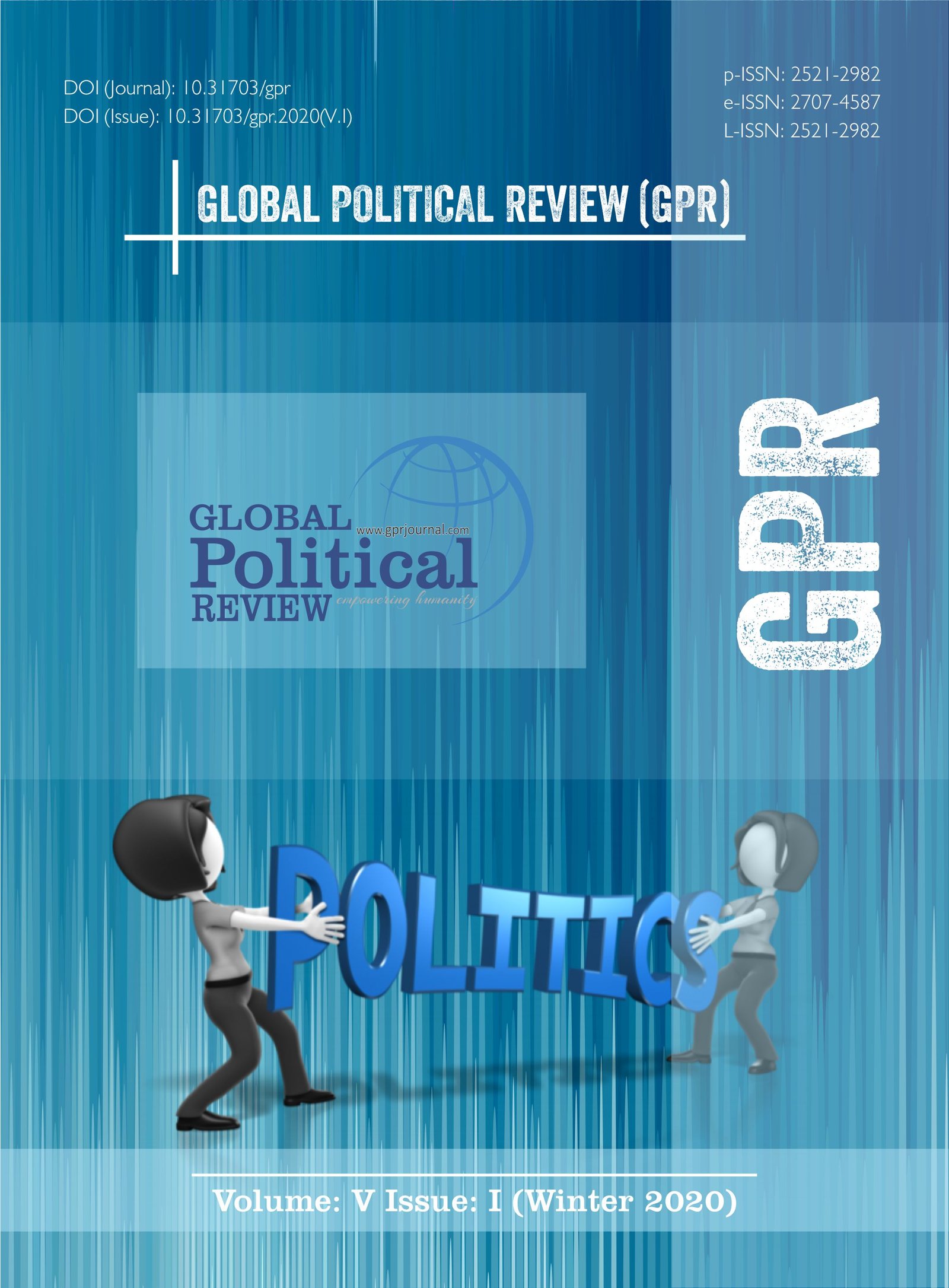 Volume V, Issue I (Winter 2020)
Volume V, Issue I (Winter 2020)  Volume IV, Issue IV (Fall 2019)
Volume IV, Issue IV (Fall 2019)  Volume IV, Issue III (Summer 2019)
Volume IV, Issue III (Summer 2019)  Volume IV, Issue II (Spring 2019)
Volume IV, Issue II (Spring 2019) 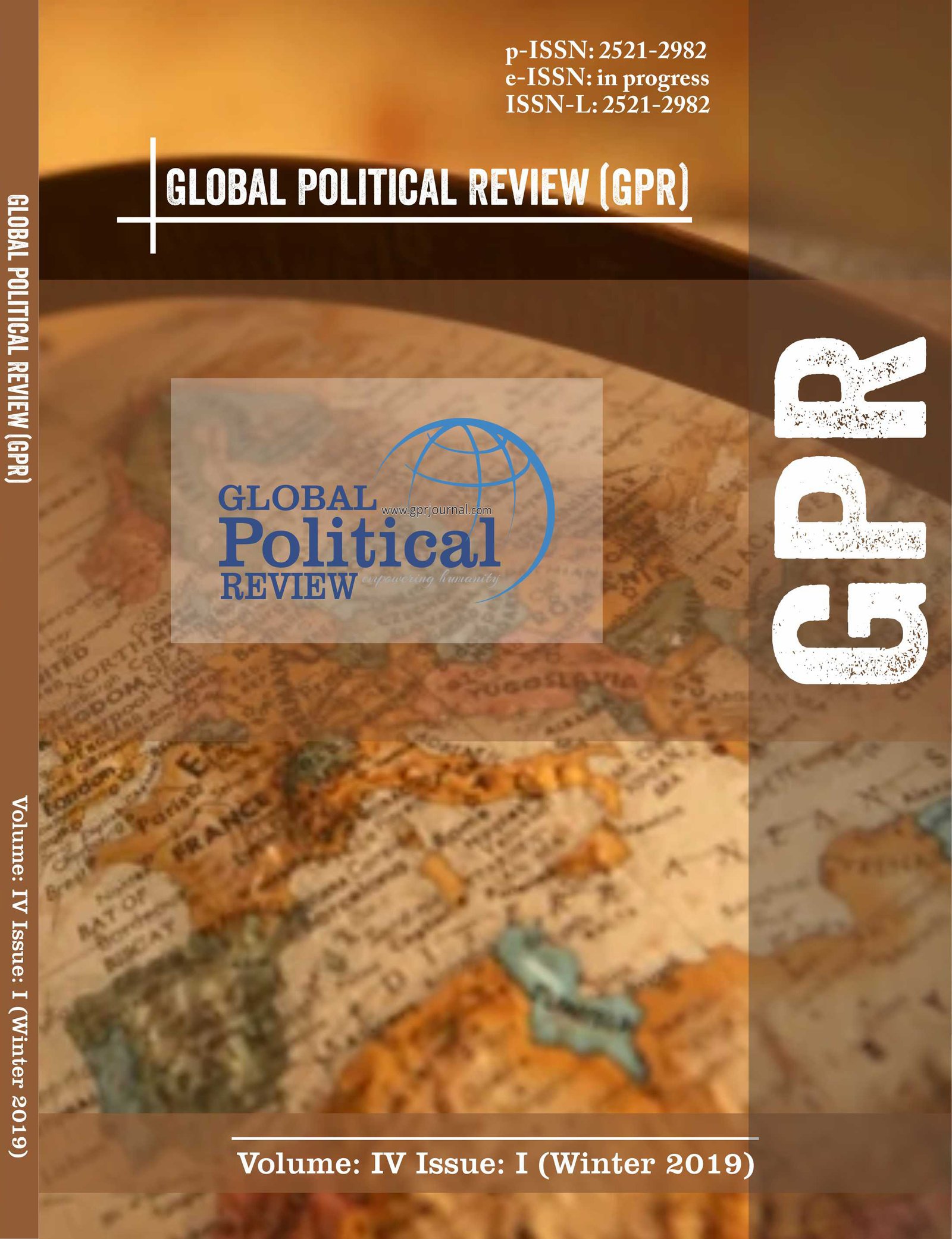 Volume IV, Issue I (Winter 2019)
Volume IV, Issue I (Winter 2019) 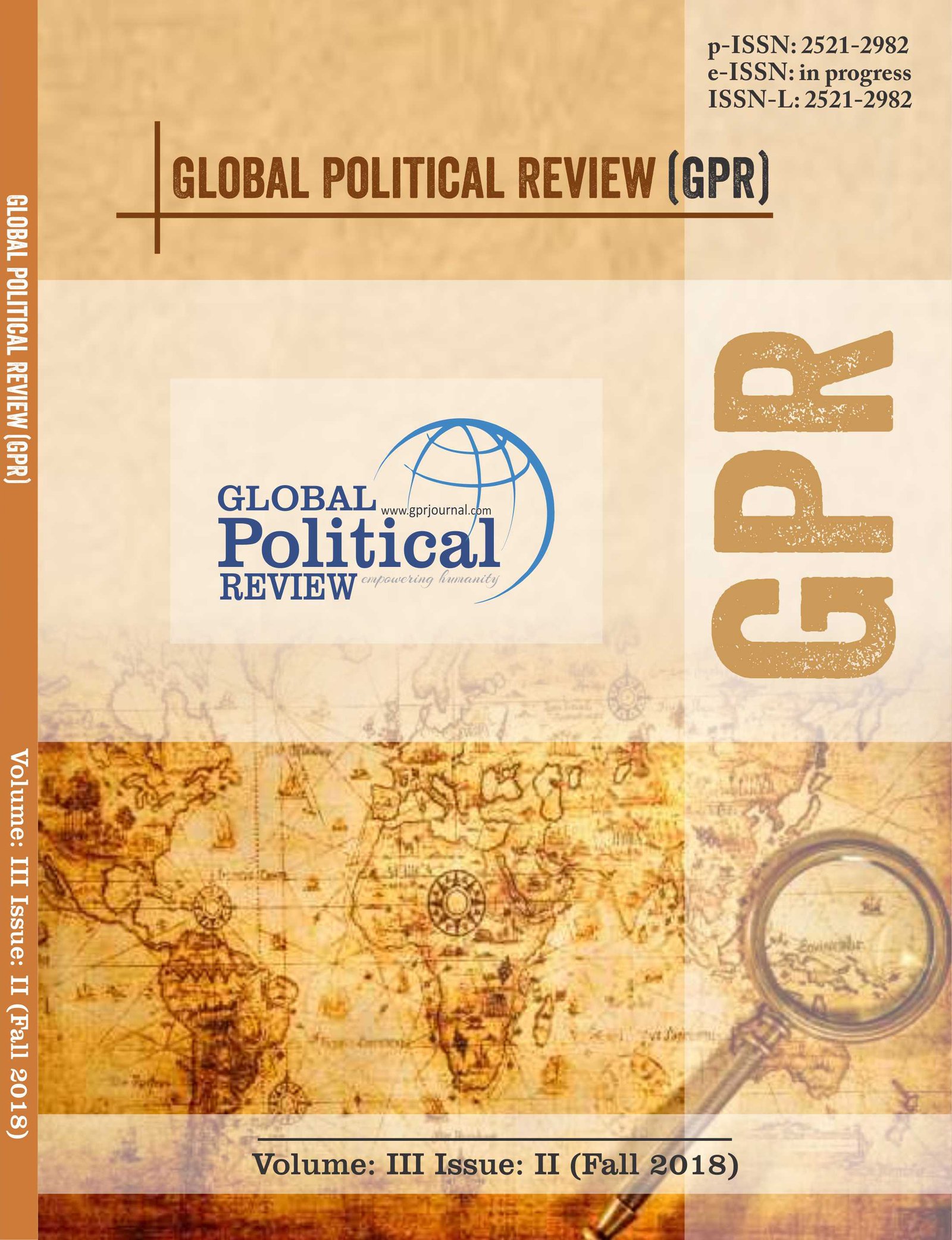 Volume III, Issue II (Fall 2018)
Volume III, Issue II (Fall 2018) 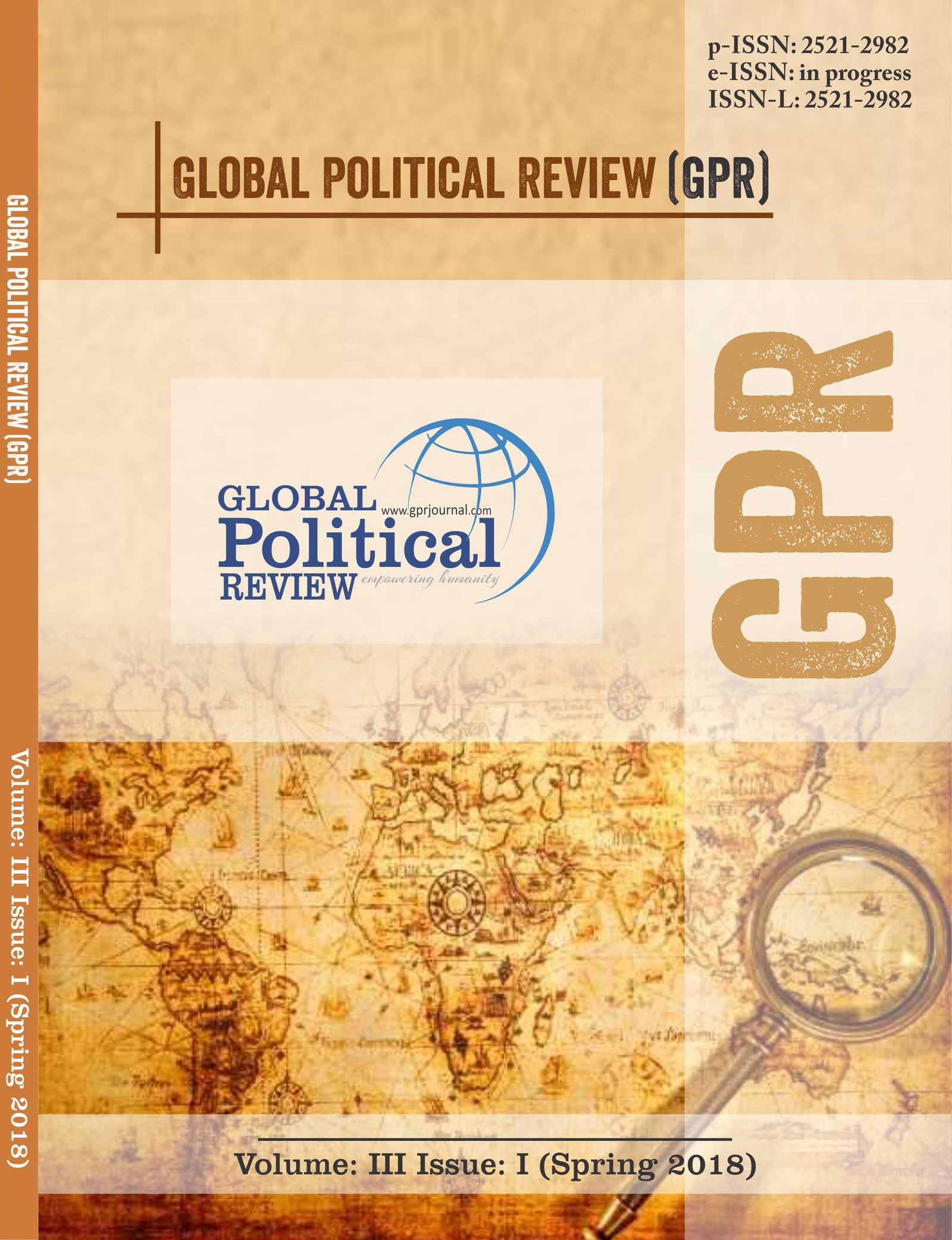 Volume III, Issue I (Spring 2018)
Volume III, Issue I (Spring 2018)  Volume II, Issue I (Fall 2017)
Volume II, Issue I (Fall 2017)  Volume I, Issue I (Fall 2016)
Volume I, Issue I (Fall 2016)